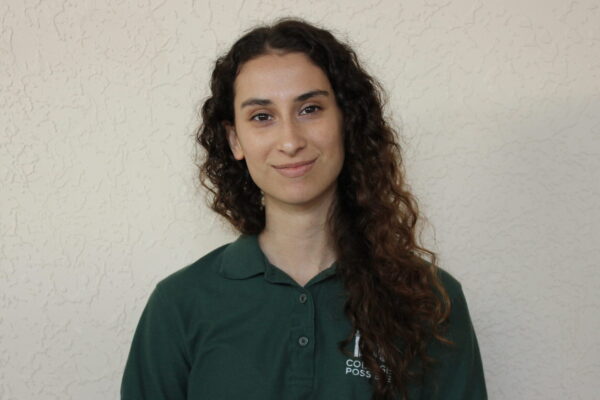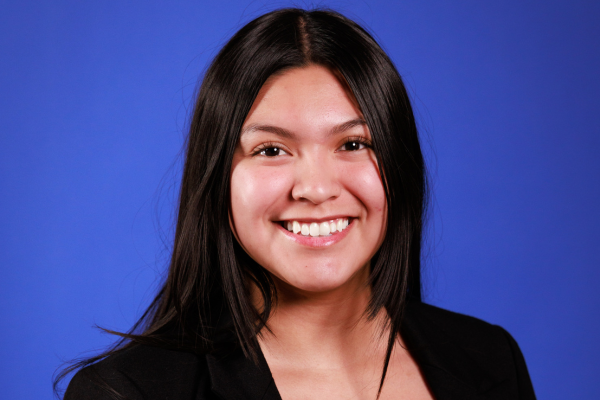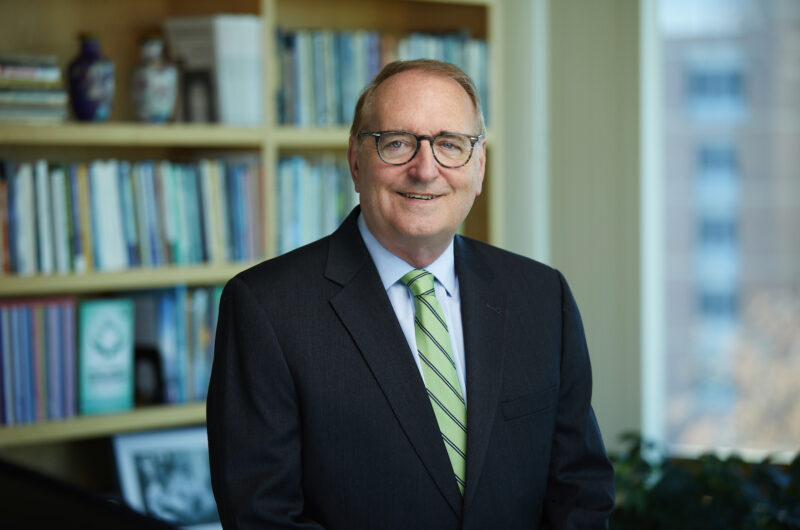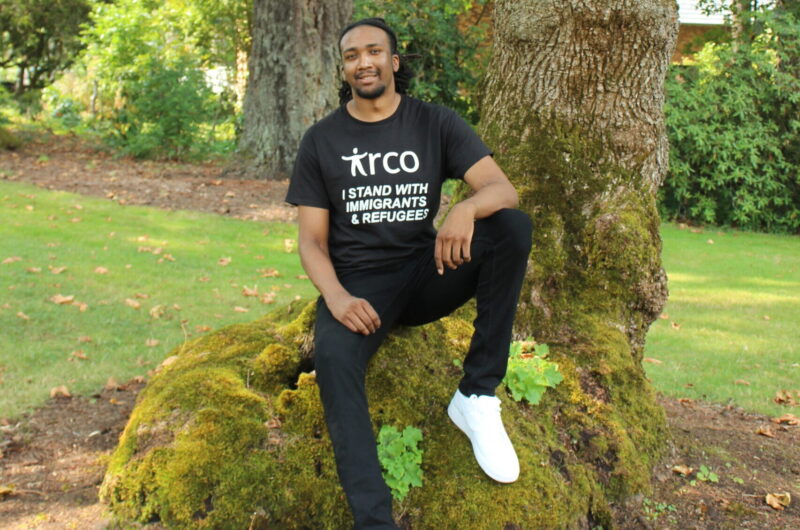Megan Garcia is a graduate of Willamette University, where she studied Politics, Policy, Law and Ethics. This year, she’s serving as a Navigate high school coach with students from rural communities in Oregon. We chatted with Megan about her college admissions experience and her passion for supporting students.
Choosing AmeriCorps service with College Possible
I was looking for jobs while finishing up my senior year at Willamette University, and I was struck by how difficult the job search process can be. Jumping into a career immediately after college was a tough prospect, so when I found out about AmeriCorps service, I knew it could be a great bridge between college and my next steps.
On the coming year as a Navigate coach
One thing I’m really looking forward to this year is working with students on their application essays. I love writing and editing, and I’m looking forward to helping students find their voices and express their interests! Big picture, I want students to have those “aha” moments that build their enthusiasm and momentum for college.
I remember writing my college essay on the importance of music in my life and how the various social justice projects I was involved in were connected to civil rights songs. My essay ended up being personally meaningful to me, and my hope is that students can also pinpoint a topic that fuels their inspiration.
On why rural communities matter
In my view, we tend to put a lot of focus on cities, especially in a state like Oregon. And while cities do have needs, there are a lot of people in rural communities who often go unnoticed. I’m also tuned into what’s happening in rural communities with attitudes toward higher education and jobs. It’s clear that a lot of jobs in rural communities are going to become outsourced or automated in the coming years. Because of those changes on the horizon, I’m excited to support students as they learn about all the options available to them, and especially to show them that college is a viable pathway.
I believe access to higher education is so important because it can help fill in the gaps created by censorship and misinformation in school curriculums. I’ve also seen how higher education further encourages self-advocacy, critical thinking and the importance of choice that allows people to be more thoughtful and informed civic leaders.
I’m very privileged in that both of my parents have college degrees, and I also have a brother who had been through the college application process before me. My parents were able to walk me through the whole process and support me with applications. However, many of my peers didn’t have the same support throughout the process. I realized something common happening among students: While navigating the college application process, a strong sense of overwhelm almost forced a decision toward community college. Even those students who really wanted a four-year path ultimately chose community college because it felt like the easiest or safest option in the moment. This experience definitely informed the way I think about the college application process now. Of course, there’s nothing wrong with attending community college, but my goal is to ensure that students can make an informed, empowered decision about where they enroll.
On career plans after AmeriCorps
Ultimately, I hope to work in public policy and create policies that help people. For the time being, I want to get to know what communities are like and build a wealth of knowledge about what exactly needs to happen to make the world a better place! Right now, my area of interest is voting rights and education censorship.
If serving as AmeriCorps coach sounds like a meaningful next step in your career path, join us at an upcoming information session, or browse our open positions for the upcoming service year.



